Mexico City, June 3 (V7N Dhaka) - Claudia Sheinbaum appeared poised to make history as Mexico's first female president, according to exit polls released on Sunday, marking a significant moment in a country grappling with widespread crime and gender-based violence.
The 61-year-old former mayor of Mexico City, representing the ruling party, secured approximately 58 percent of the votes, as per estimates by the Enkoll polling firm.
This placed her comfortably ahead of her main rival, Xochitl Galvez, a vocal senator and businesswoman with Indigenous roots, who garnered around 29 percent of the vote.
The lone male candidate, centrist Jorge Alvarez Maynez, trailed with approximately 11 percent, according to Enkoll.
Several other media outlets also projected Sheinbaum as the winner without specifying the exact percentage of votes.
An official result was anticipated to be announced later on Sunday.
Despite sporadic violence in regions plagued by violent drug cartels, voters turned out in large numbers across the Latin American nation.
Thousands of troops were deployed to ensure the safety of voters, following a particularly violent electoral process that witnessed the deaths of more than two dozen aspiring local politicians.
In earlier remarks, Sheinbaum characterized the election day as "historic."
After casting her vote, the presidential frontrunner disclosed that she had not voted for herself but for 93-year-old veteran leftist Ifigenia Martinez, in acknowledgment of her enduring struggle.
"Long live democracy!" Sheinbaum exclaimed.
Mexican women participating in the elections expressed enthusiasm at the prospect of a woman shattering the highest political barrier in a country where approximately 10 women or girls are killed every day.
"A female president will bring about a transformation for this country, and we hope that she does more for women," remarked Clemencia Hernandez, a 55-year-old cleaner in Mexico City.
"Many women are oppressed by their partners. They're not permitted to leave their homes to work," she added.
Despite neither of the two main candidates being "totally feminist" in her view, Daniela Perez, a 30-year-old logistics company manager, asserted that having a woman president would be "something historic."
"We'll need to see their stances on enhancing women's rights, addressing the issue of femicides -- which have surged -- and providing greater support to women," she added.
Nearly 100 million people were registered to vote in the world's most populous Spanish-speaking country, with a population of 129 million.
Sheinbaum's popularity owes much to outgoing President Andres Manuel Lopez Obrador, a fellow leftist and mentor who boasts an approval rating of over 60 percent but is restricted to serving a single term.
Reina Balbuena, a 50-year-old street food vendor, revealed that she cast her vote for Sheinbaum because the ruling Morena party "has provided considerable support to older adults and children."
In a nation where politics, crime, and corruption intertwine closely, drug cartels resorted to extreme measures to ensure the victory of their preferred candidates.
Hours before polling stations opened, a local candidate was assassinated in a violent western state, authorities disclosed, joining at least 25 other political aspirants killed during this election cycle, according to official data.
In the central Mexican state of Puebla, two individuals lost their lives after unidentified assailants attacked polling stations in an attempt to steal documents, a local government security source informed AFP.
Voting was suspended in two municipalities in the southern state of Chiapas due to violence.
Sheinbaum has pledged to continue the outgoing president's controversial "hugs not bullets" strategy in combating crime at its roots.
Galvez, 61, has promised a more stringent approach to cartel-related violence, asserting that "hugs for criminals are over."
Since the government deployed the army to combat drug trafficking in 2006, more than 450,000 people have been killed, and tens of thousands have disappeared.
The incoming president will also need to navigate delicate relations with neighboring United States, particularly concerning issues of cross-border drug smuggling and migration.
In addition to selecting a new president, Mexicans voted for members of Congress, several state governors, and numerous local officials, totaling over 20,000 positions.
END/V7N/SMA/DK/




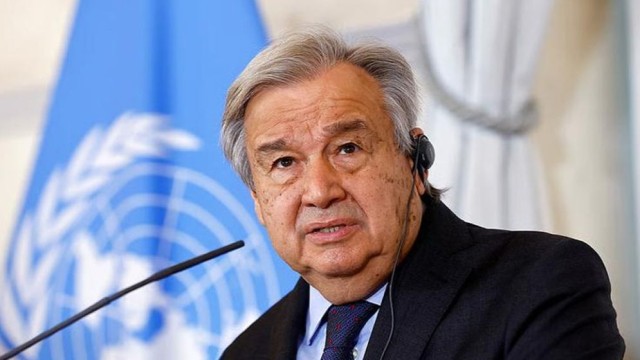

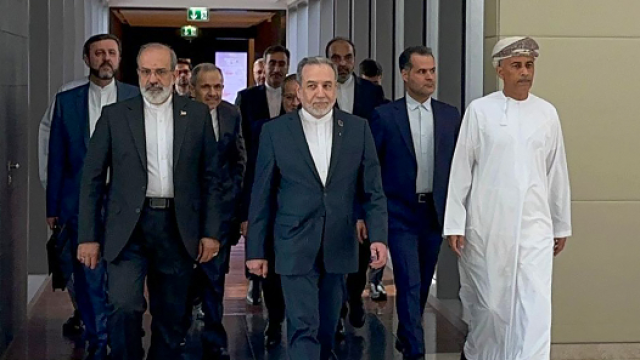


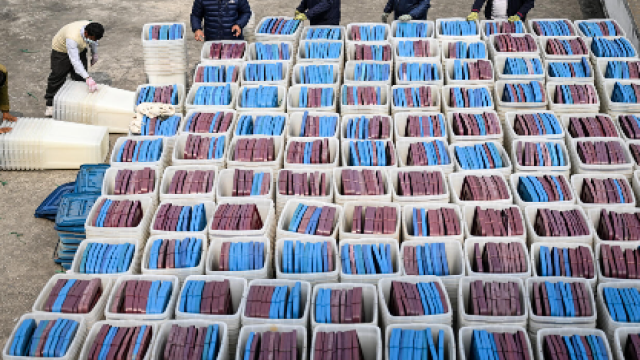

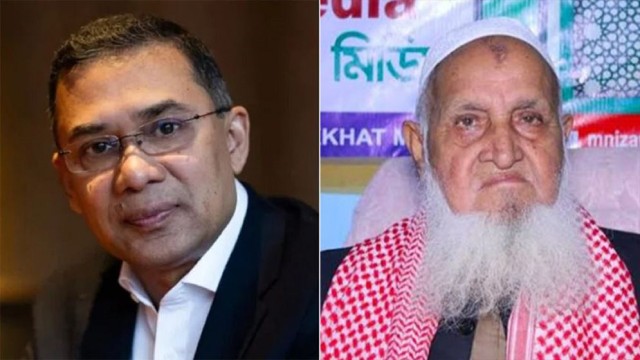
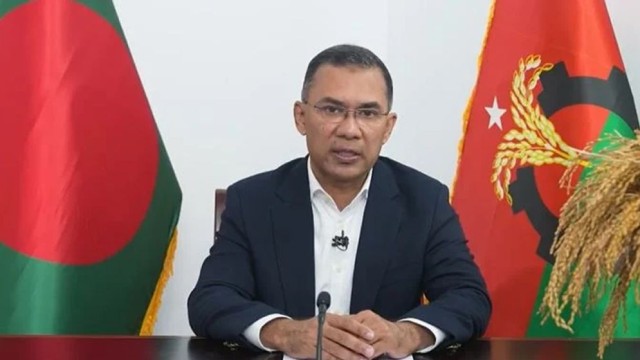



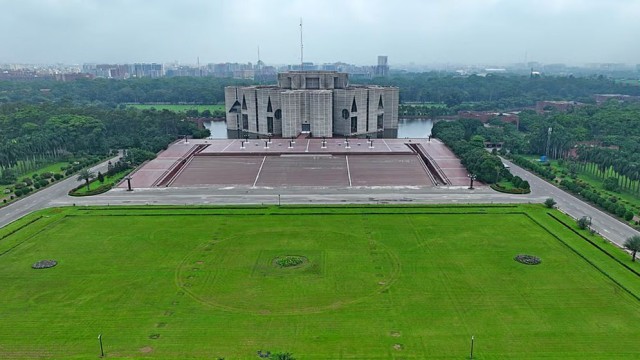
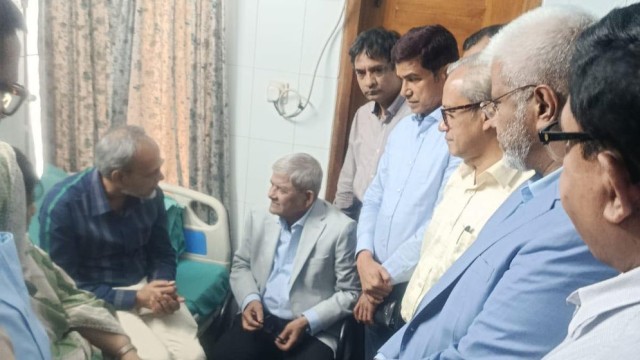

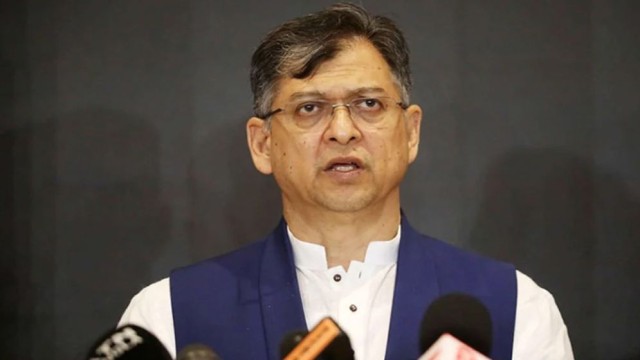











Comment: